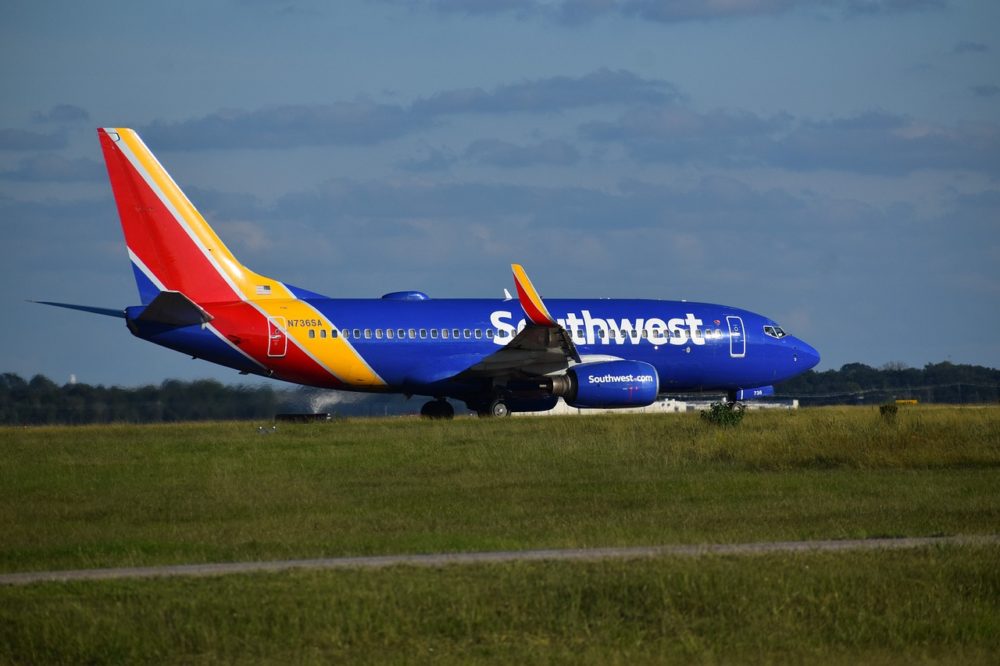“Everything should be made as simple as possible, but not simpler”. – Albert Einstein
I have an MBA in Finance & International Business from Northeastern University. I paid extra attention to my finance courses, specially the Valuation class because I intended to use my learning for investing in the stock market. I tried using the CAPM, WACC and other tools to evaluate companies, but I could never with confidence say whether the answers that I was getting were right or wrong. Then one day, I stumbled upon what Warren Buffett & Charlie Munger had said about these tools – they said that they have never used these tools. It was an eye opener. Here is what I have learned from these two gentleman.
When trying to value a company don’t look at the share price, because the share price can subconsciously influence your opinion about valuation. It’s common for people to think that a stock trading at a lower price is cheaper than the other. Instead follow the below steps:
- Think that you are buying a business and not a piece of paper called stock
- Look at the market capitalization of the company – that’s the amount you will have to pay to buy the entire company
- Conduct break even analysis – calculate the number of years it will take for you to get your money back if you were to buy the entire business
Example:
In 2015-16 I invested in Boeing (BA).
Break-Even Analysis
| Metric | Formula | Value |
|---|---|---|
| Market Capitalization | Outstanding shares X share price + Long term debt - Cash | ~$90 Billion |
| Free Cash Flow | Net Cash Flow - Capital expenditure | ~$7 Billion |
| Years to break-even | Market Cap / Free Cash Flow | ~13 years |
After calculating the break even point, the next question that needs to be answered is – How secure is the free cash flow? What factors can negatively impact it? To find answer to this question read company’s annual report. Some of things that I learned from reading the 2016 annual report were:
- Boeing is one of the two major manufacturers of 100+ seat airplanes for the worldwide commercial airline industry and one of the largest defense contractors in the U.S.
- Won $76 billion in net orders, including the largest services order in company history with Norwegian Air. Total company order backlog at year-end exceeded $473 billion, including 5,700 commercial airplanes valued at $416 billion.—more than seven years of production at current rates
- Maintained a solid defense, space and security order backlog of $57 billion, 37 percent of which comes from international customers
- We launched Boeing Global Services, our third major business unit, which we expect to capture a larger share of the growing commercial and defense and space services markets, valued at $2.5 trillion over the next 10 years.
Basis this information we can do a simple risk analysis. The two main risk that can impact our investment decision are:
| Risk Factor | Risk Probability | Justification |
|---|---|---|
| Decrease in future orders | Low | Boeing’s order book was full for next 6-7 years. The World population is growing and it needs more planes. Robust demand from India & China |
| Increase in competition | Low | Passenger airplane business is practically a duopoly between Airbus & Boeing. 13 years (our breakeven point) isn’t sufficient time for a new player to enter the industry and pose a serious challenge |
Conclusion – Relatively low breakeven point compared to how complex the business is. If someone was to give me $90 billion to start an airplane manufacturing company I don’t think I can break even in 13 years. Solid order book and low risk of competition. Basis this analysis I thought that Boeing was a good investment. My return on investment is 136%.
This approach doesn’t take into account any future business growth, entire focus is on thinking about how secure the current cash flow will be in the future. Another thing that I like about this approach is that it doesn’t focus on determining what the target share price should be. There is no way for anyone to predict the share price – there are way to many factors at play in the stock market which are independent of the underlying business that you are buying. Charlie Munger said that when making an investment decision they think about 4 factors:
- Understand the economics of the business
- Business should have a sustainable competitive advantage
- Management should be good
- Price should be fair
In Boeing’s case we can check all of these four boxes because:
- Robust order backlog means there is demand
- Boeing operates in a Duopoly, other company being Airbus. Industry has significant barriers for new entrants
- Its 100 years old company. Not many companies survive this long
- Considering the break even point of 13 years coupled with business complexity we can deduce that it is fairly priced
Disclaimer: These are my personal views and are for educational purposes only. I am not a financial advisor.



Very good insight into how you identify a company worthy of investment. It will be great if at some point in the future, you can touch upon how much money you put in a business you are totally convinced with.
Harjas – Thanks for your comment. Its a very good question. In the words of Charlie Munger “Life is not bathing you in unlimited opportunities. When you see one you should bet big”. Having said that, lets set couple of grounds rules:
1. Never invest with borrowed money
2. Don’t invest money that you know you will need in 2-3 years
By following these two rules you will position yourself to respond rationally to market movements. When you are deciding how much money to invest in one business ask yourself a question – If the stock price is to go down 50% tomorrow will it change my lifestyle? Whatever amount gets you to answer no is the right amount to invest.
Charlie Munger said that they have seen the value of their stock go down 50% twice in their lifetime and if you take 20 transactions out of Berkshire’s 40+ years of history, their record is a joke.
Happy Investing!